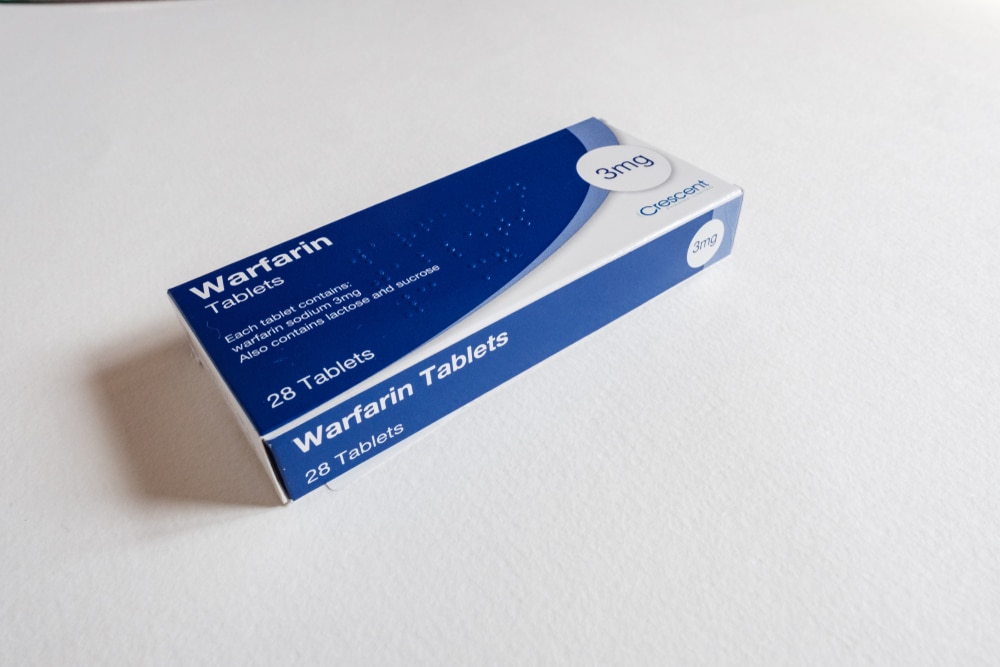
I can’t remember the name of the drug but I mean I think there’s been a fairly recent breakthrough. James had already spoken to his GP about the possibility of taking a new medication, and said ‘I’d love to be on them because it’d save me going for the tests.’ Mary said she would consider paying privately to take suitable alternatives, if they were not available on the NHS but were appropriate for her.
Warfarin antidote free#
Attitudes to new medicationsĪt the time of our first interviews, some people were aware that new medications were becoming available and welcomed the possibility of taking a drug which would free them from the constraints of regular blood tests. They’re not without side effects and they’re not without interactions with other drugs, so they need to be used carefully in selected people for whom there are problems with warfarin or people who are unable or unprepared to take warfarin.

We still haven’t enough experience of using them to know for sure how safe they are in the long run. And so the person is more likely to be able to relax about that. So you don’t have to adjust the dose but the other advantage is that the limitations on diet, which, you know, the advice over restricting certain foods in the diet, which applies to warfarin, doesn’t apply to these other drugs. Dabigatran, rivaroxaban and apixaban and these are called the new anticoagulants and they have certain advantages over warfarin, most obviously that they don’t require you to have regular blood tests to monitor how thin your blood is because, by and large, the dose that you’re prescribed, provided it’s the right one for your age range, is likely to be the correct dose for all people in that group. There are three new drugs that are used now.

Feelings about being diagnosed with atrial fibrillation.First signs and symptoms of atrial fibrillation.


 0 kommentar(er)
0 kommentar(er)
